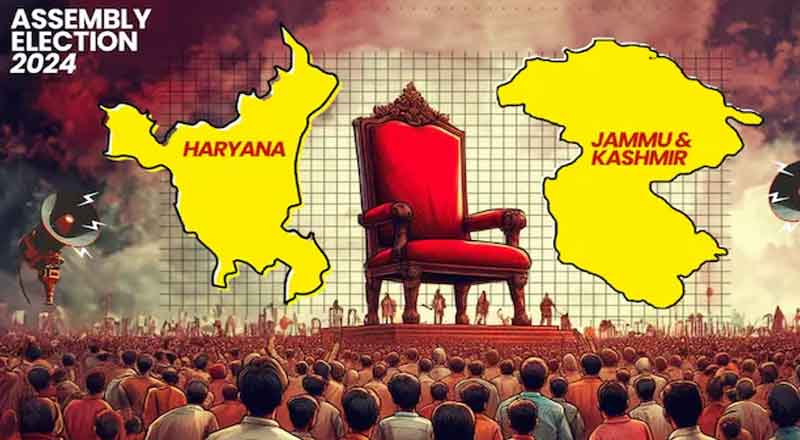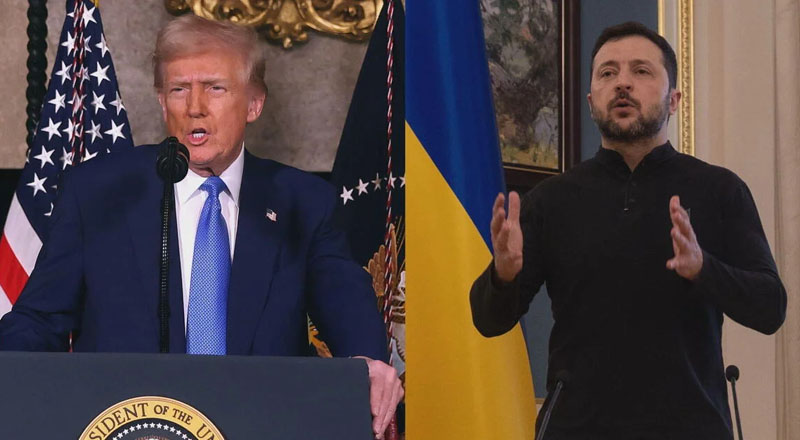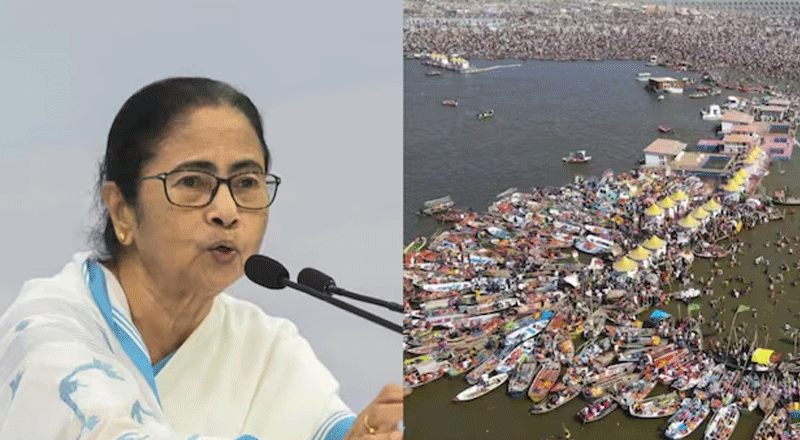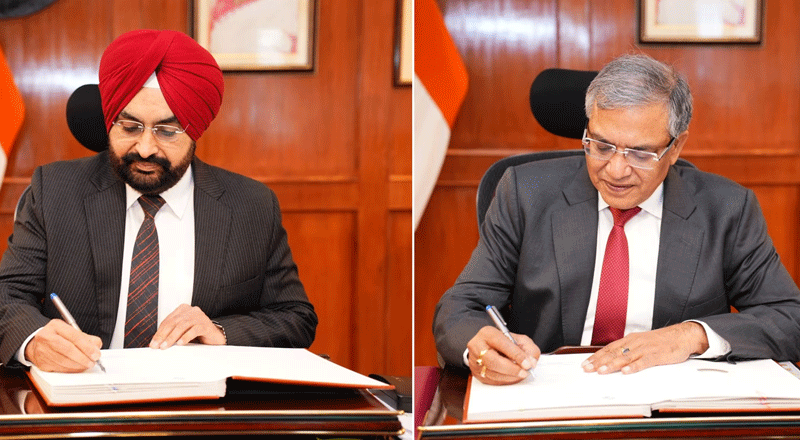Assembly Election Results 2024: Jammu and Kashmir and Haryana went to polls between September 18 and October 5. Both have 90 Assembly seats each.
Assembly Election Results 2024: The counting of votes for the Assembly elections in Haryana and Jammu and Kashmir is taking place today (October 8). The elections in Jammu and Kashmir were held between September 18 and October 1. Haryana with 90 Assembly seats voted on October 5. Voters in 24 Assembly constituencies including Shopian, Kulgam, Doda, Ramban and Anantnag in Jammu and Kashmir voted on September 18 while 26 constituencies including Ganderbal, Nowshera, Hazratbal, Lal Chowk and Rajouri voted on September 25. Voters of the remaining 40 seats including Bandipora, Handwara, Langate, Kathua and Baramulla in Jammu and Kashmir used their franchise on October 1.
Main parties in Haryana and Jammu and Kashmir
The Bharatiya Janata Party (BJP) and the Congress party are the two main political parties in Haryana. Both parties are contesting in 89 constituencies. The Dushyant Chautala-led Jannayak Janata Party (JJP) and Abhay Singh Chautala’s Indian National Lok Dal (INLD) are the two other important parties in the state. The ruling BJP had decided to withdraw its candidate Rohtash Jangra in Sirsa and hinted that the party may back sitting MLA Gopal Kanda of the Haryana Lokhit Party (HLP). The Congress has left the Bhiwani Assembly constituency for the Communist Party of India (Marxist). The JJP has allied with Chandrashekhar Azad’s Azad Samaj Party (Kanshi Ram) in the state while the INLD chose Mayawati’s Bahujan Samaj Party (BSP) as its partner.
The Jammu and National Conference (JKNC) of Farooq and Omar Abdullah, the People’s Democratic Party (JKPDP) of Mehbooba Mufti, the Congress and the BJP are the four major political players in Jammu and Kashmir. Altaf Bukhari’s Jammu and Kashmir Apni Party (JKAP), Sajad Gani Lone’s Jammu and Kashmir People’s Conference (JKPC) and Gulam Nabi Azad’s Democratic Progressive Azad Party (DPAP) are the other important parties in the Union Territory. The Congress and the National Conference are allies along with the Communist Party of India (Marxist) and the Jammu and Kashmir National Panthers Party (JKNPP). The Awami Ittehad Party (AIP) of Engineer Rashid is also in the fray.
Key candidates in Haryana and Jammu and Kashmir
Haryana: Chief Minister Nayab Singh Saini (BJP), former Chief Minister Bhupinder Singh Hooda (Congress), Anil Vij (BJP), Om Prakash Dhankar (BJP), Vinesh Phogat (Congress), Captain Abhimanyu (BJP), Bhavya Bishnoi (BJP), Arti Singh Rao (BJP), Gopal Goyal Kanda (HLP), Shruti Choudhry (BJP), Dushyant Chautala (JJP), Brijendra Singh (Congress), Arvind Kumar Sharma (BJP), Gian Chand Gupta (BJP), Chander Mohan (Congress), Udai Bhan (Congress), Kanwar Pal Gurjar (BJP), Abhay Singh Chautala (INLD), Aseem Goel (BJP), Krishan Lal Panwar (BJP), Kuldeep Sharma (Congress), Arjun Singh Chautala (INLD), Devender Singh Babli (BJP), Digvijay Singh Chautala (JJP), Jagbir Singh Malik (Congress), Sunita Duggal (BJP), Nirmal Singh (Congress), Rao Narbir Singh (BJP), Rao Dan Singh (Congress), Ranjit Singh Chautala (Independent), Mool Chand Sharma (BJP), Savitri Jindal (Independent), Chiranjeev Rao (Congress) and Anurag Dhandha (AAP) are some of the key candidates in Haryana.
Jammu and Kashmir: Former Chief Minister Omar Abdullah (JKNC), Iltija Mehbooba Mufti (JKPDP), Vikar Rasool Wani (Congress), Hasnain Masoodi (JKNC), Waheed Para (JKPDP), Ghulam Ahmad Mir (Congress), Ravinder Raina (BJP), Ali Mohammad Sagar (JKNC), Shamim Firdous (JKNC), Ghulam Nabi Lone (JKPDP), Sofi Yousuf (BJP), Abdul Rehman Veeri (JKPDP), Sunil Kumar Sharma (BJP), Mohamad Yousuf Tarigami (CPM), Peerzada Mohammad Syed (Congress), Mirza Mehboob Beg (JKPDP), Ghulam Mohammad Saroori (Independent), Sajad Gani Lone (JKPC), Altaf Bukhari (JKAP), Tara Chand (Congress), Balwant Singh Mankotia (BJP), Harsh Dev Singh (JKNPP), Mohammed Yousuf Tarigami (CPM), Abdul Rahim Rather (JKNC), Tariq Hameed Karra (Congress), Shagun Parihar (BJP), Chaudhary Lal Singh (Congress) and Muzaffar Hussain Baig (Independent) are some of the key candidates in Jammu and Kashmir.
Key constituencies in Haryana and Jammu and Kashmir
Haryana: Adampur, Ambala Cantt, Bhiwani, Ateli, Badli, Julana, Garhi Sampla-Kiloi, Sirsa, Ladwa, Tosham, Uchana Kalan, Gohana, Panchkula, Jagadhri, Ellenabad, Hisar, Mahendragarh, Nuh, Karnal, Faridabad, Tohana, Narnaund, Rohtak, Gurgaon and Rania are some of the key Assembly constituencies in Haryana.
Jammu and Kashmir: Pampore, Pulwama, Kulgam, Dooru, Anantnag, Srigufwara-Bijbehara, Kishtwar, Padder-Nagseni, Banihal, Ganderbal, Sopore, Habbakadal, Uri, Budgam, Central Shalteng, Chrar-i-Sharief, Nowshera, Shri Mata Vaishno Devi, Handwara, Kupwara, Basholi, Langate, Baramulla, Lal Chowk and Jammu East are some of the key Assembly constituencies in Jammu and Kashmir.
Polling percentage in the last elections in Haryana, Jammu and Kashmir
Haryana recorded 68.20 per cent of voting in the Assembly Election 2019 while Jammu and Kashmir recorded a voter turnout of 65.91 per cent in 2014.
What happened in the last elections in Haryana, Jammu and Kashmir?
In the 2019 Haryana Assembly Election, the BJP emerged as the single largest party and won 40 seats. The Congress managed to win 31 seats in the state. Manohar Lal Khattar became the Chief Minister again with the support of the JJP which won 10 seats in its first election. In the 2014 Haryana Election, the BJP won 47 seats while the INLD managed to get 19 seats. The Congress won just 15 seats after two consecutive terms of power.
In the 2014 Jammu and Kashmir Assembly Election, the JKPDP won 28 seats and became the single largest party. The BJP performed well and won 25 seats. Both parties decided to form a coalition government under Mufti Mohammad Sayeed. The National Conference was reduced to just 15 seats while the Congress bagged 12 seats. In the 2008 Jammu and Kashmir Election, the National Conference won 28 seats and its alliance partner Congress emerged victorious in 17 seats. Omar Abdullah became the state’s youngest-ever Chief Minister at 38. The JKPDP won 21 seats and the BJP improved its performance to win 11 seats.
How many seats are required to form government in Haryana, Jammu and Kashmir?
Every party or any coalition must reach the majority mark in the Legislative Assembly to form the government in the state. The majority mark in each state Assembly depends upon the total number of seats in the Legislative Assembly of a particular state. The majority mark in any state is half of the number of total Assembly seats plus one more seat. The Haryana Assembly has 90 seats and the majority mark is 46. The majority mark in the Jammu and Kashmir Assembly, which also has 90 seats,





